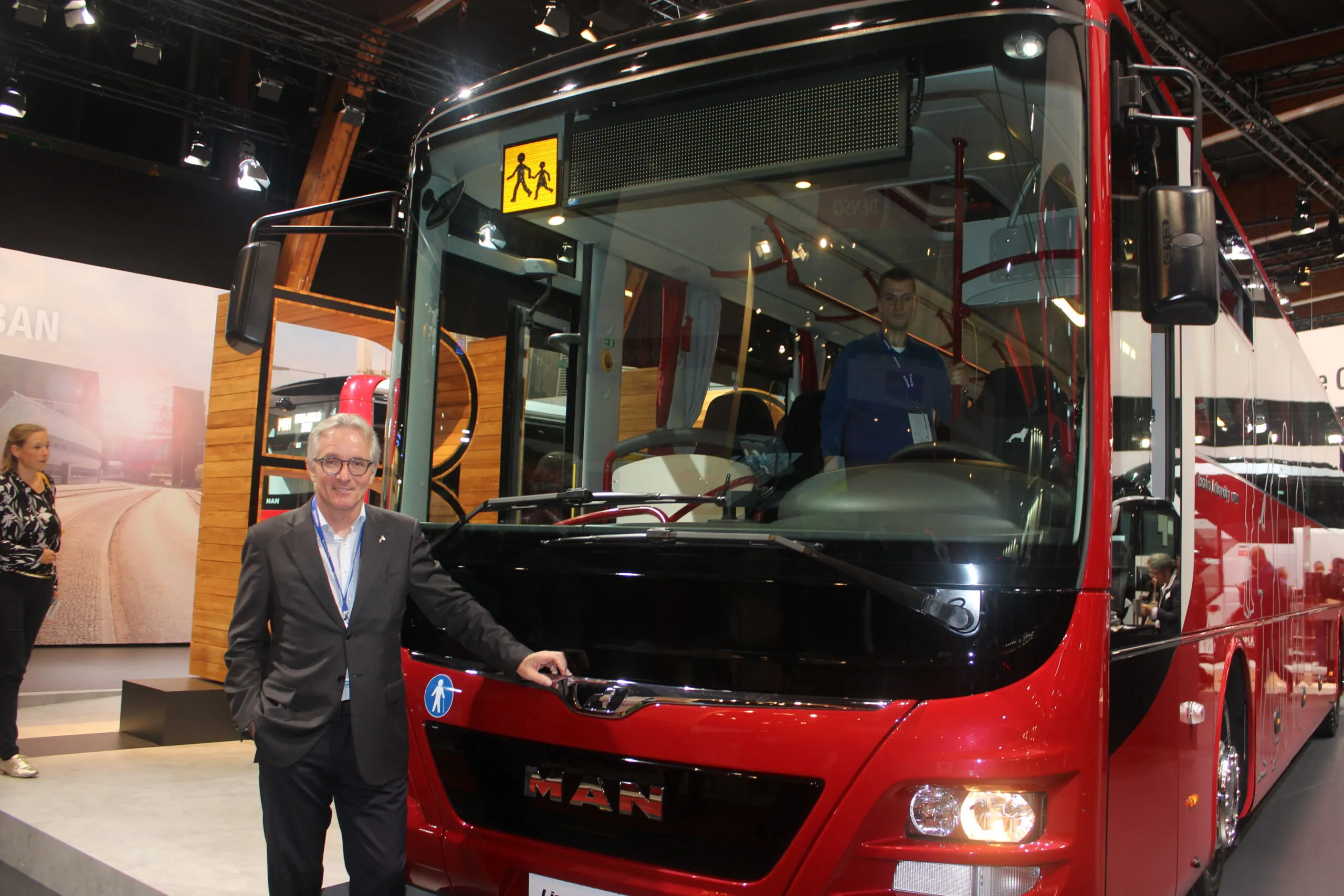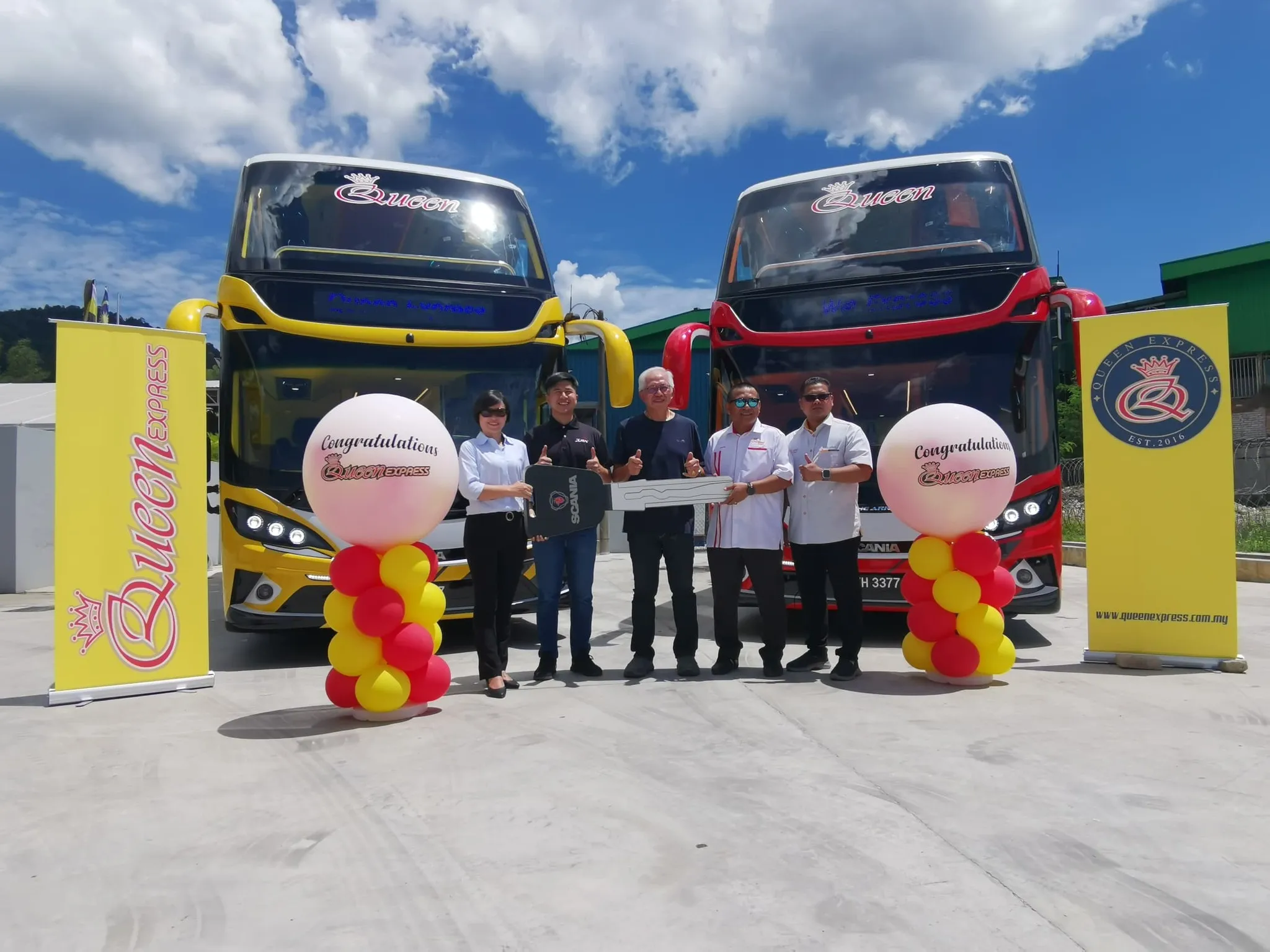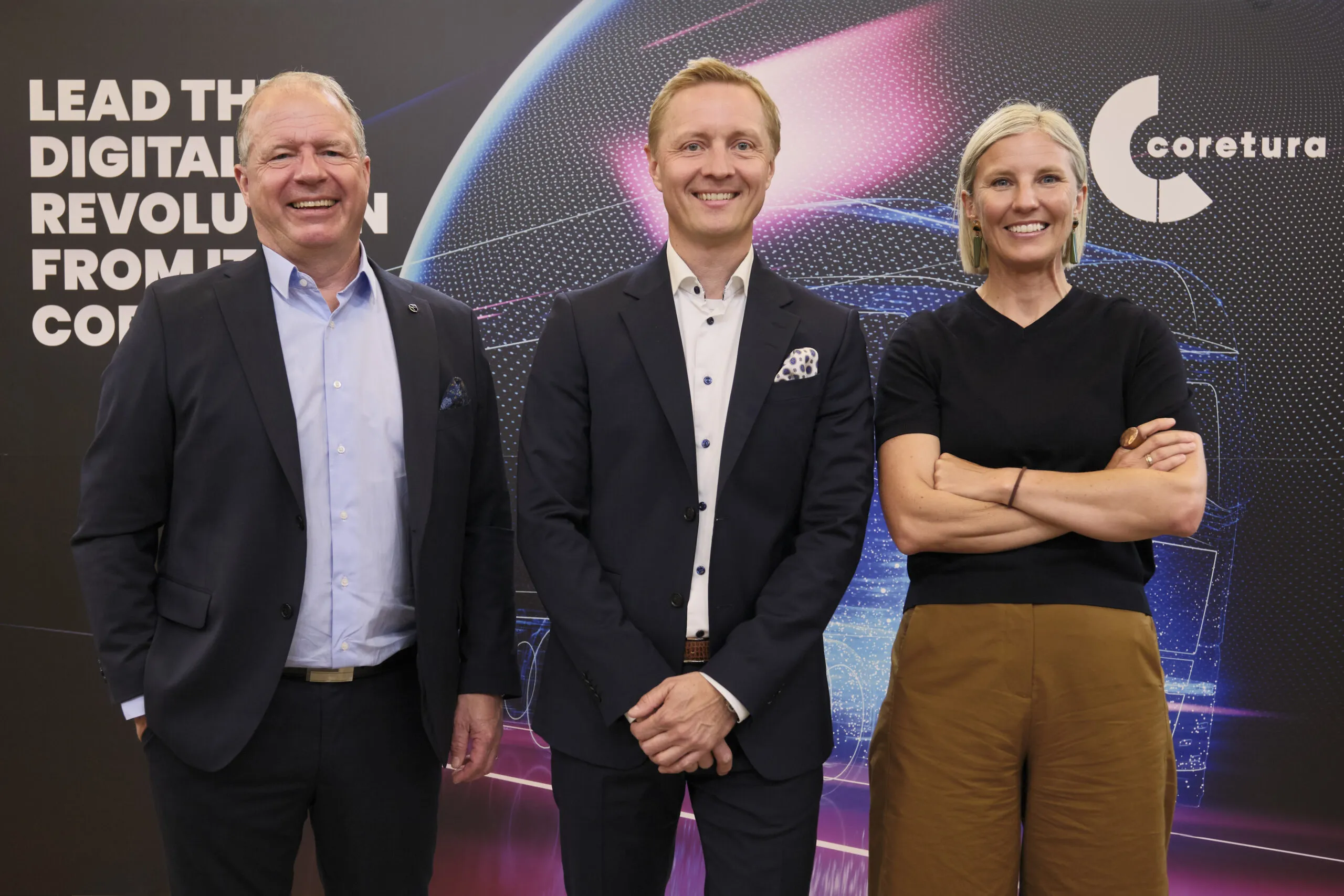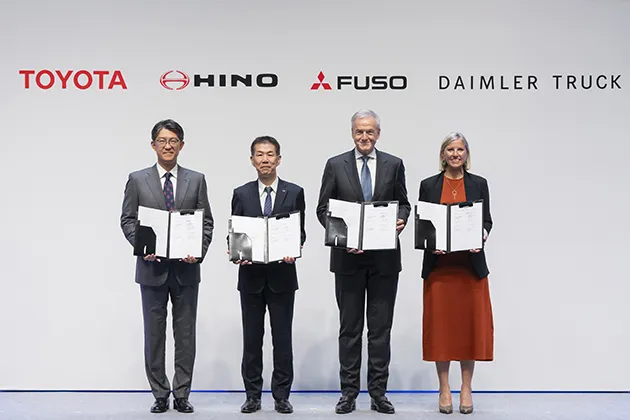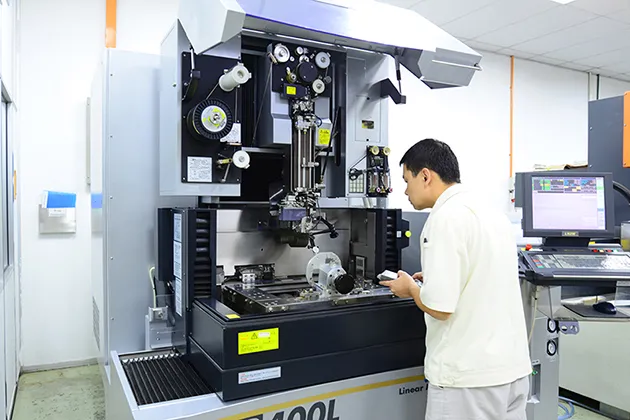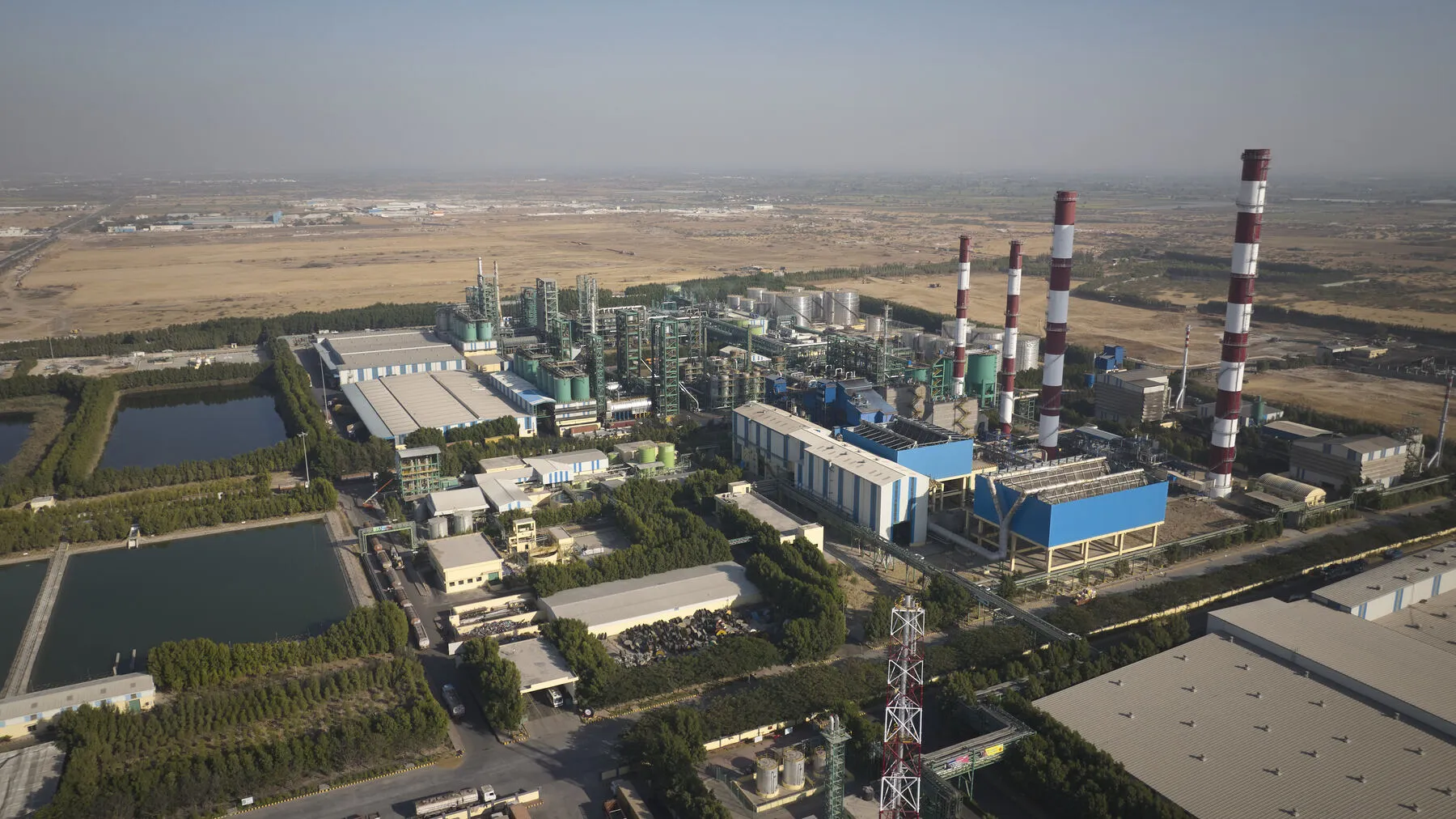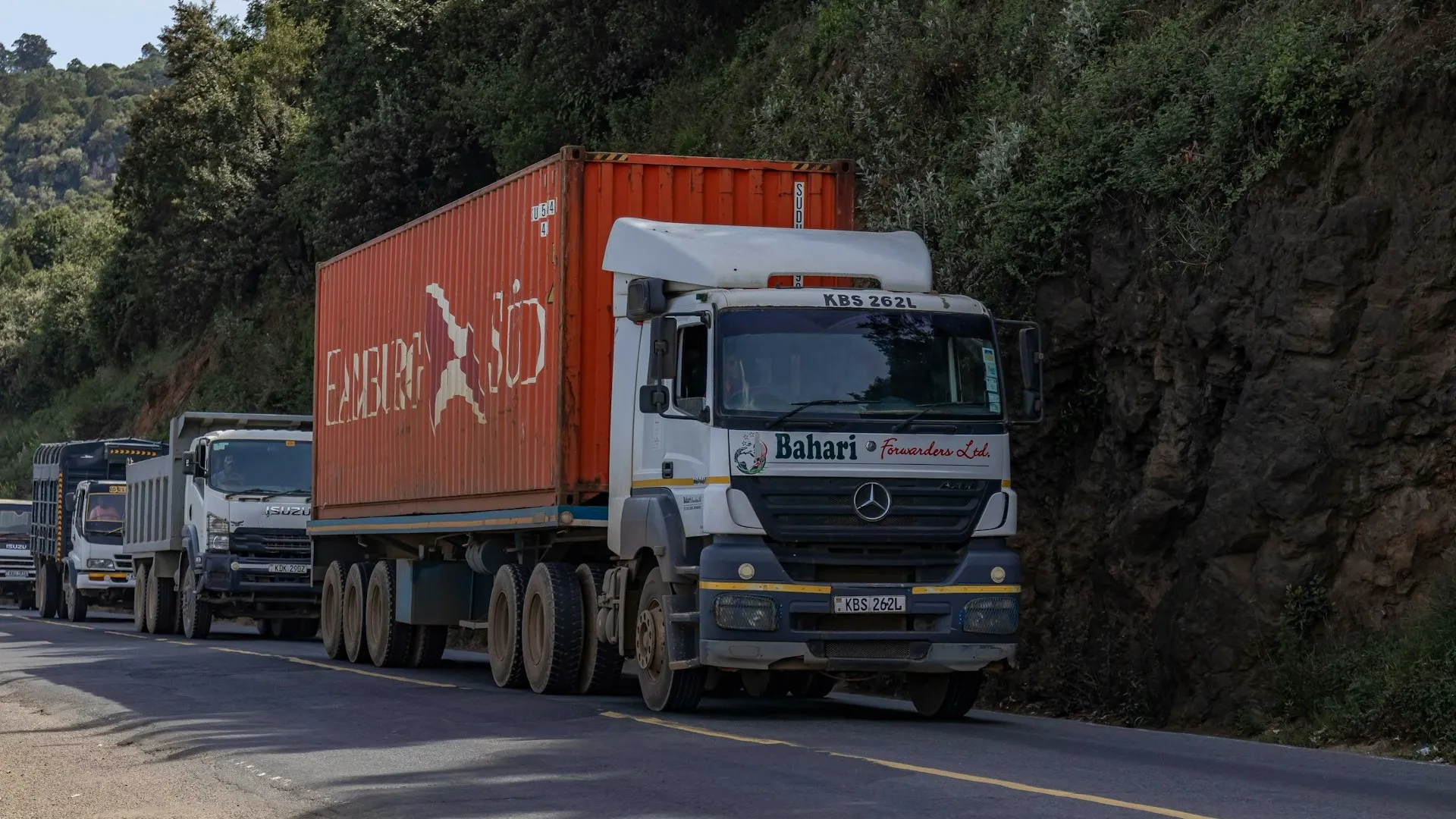During the 24th edition of Busworld in Kortrijk, a global B2B exhibition for the bus and coach industry, MAN Truck & Bus (M) Sdn Bhd Managing Director Hartmut Mueller gave a brief update on the company’s 2016/17 performance in the bus and coach sector.
MAN Foresees Double-Digit Growth in Malaysian Bus Chassis Business
“The bus segment in Malaysia consists of city buses and coaches. The majority of the city buses are operated by the government and subjected to its budget. For 2016/17, the number of tenders from the government was quite low. We made a recent quote for 130 double-decker city buses and are currently waiting for the decision from the authority. For the coaches, the market was more or less stable. We are expecting a double-digit growth in the bus chassis business and are quite satisfied with our performance in this segment.”
He revealed that the company would continue its focus on the bus chassis business. The double-decker chassis had more potential as it had a higher capacity and efficiency. For the coach segment, he pointed out that the company sold mainly double-decker chassis.
MAN’s Total Cost of Ownership (TCO) Optimiser was launched in 2015 to help bus and coach customers run their businesses efficiently and economically. According to him, the TCO was a method of cost calculation that took into account all expenses incurred during the ownership of a bus. It was very convenient and customers could just do it online through MAN’s homepage. The online calculator of TCO covered all relevant factors such as the purchase price, expected useful running life of the bus, fuel consumption, administration and staff costs.
“But that’s not all,” he said, “the TCO-Optimiser also shows you how to reduce operating costs with MAN Solutions and MAN Features. The TCO-Optimiser shows directly where the potential savings are hidden. When a customer selects a service, the computer updates the calculation at the same time and shows what measures to take to reduce TCO. We have received good response from the market.”
To ensure seamless, efficient operation of the vehicle, MAN Telematics, MAN Communication, MAN ProfiDrive and Neoplan Academy as well as MAN Fleet Management were among the many systems that were put in place.
“Regular maintenance of the vehicles is important as it impacts not only the operational capability, but also the total cost of ownership of the fleet. With the maintenance contract, our customers would enjoy a fixed maintenance cost over a certain period of time. During the period, if your motor is damaged or has failed, we would repair or replace a new unit for you without extra cost.”
When asked about the challenges, he said, the market in Malaysia was not as open as that in Europe. Similar to truck operators, the coach operators here also needed permits. The market potential would be greater if the authority allowed more flexibility in permits.
Entering his fifth year in the country, Mueller now not only understood the market better but could help customers in preparing for a transport evolution.
“Inviting the Press to witness new products, technology and innovation that MAN showcased in the Busworld is important. This fosters better understanding and communication, allowing the Press to have first-hand information and experience of MAN. Apart from securing the high impact feature coverage that reaches our target market and customers, it also enables the Press to look at new developments in the Europe market and examine recent market trends.”
The trend is moving towards full-electric powertrain and Mueller revealed that MAN’s electric buses should be ready by 2019.
“We are aware that the local authorities are currently testing and studying the feasibility in operating electric buses as a replacement for the conventional bus operation. To do that, I think the most important thing is for the government at all levels to show its commitment to the electric bus technology. Deploying electric buses involved significant investments as well as strategic and comprehensive planning from A to Z. They have to come up with clear policies and guidelines to create and facilitate the provision of a required infrastructure, including the fast charging technology and charging stations as well as the maintenance aspects, not only for the electric bus but also the infrastructure. What is also required is the complex route planning and availability of spare-parts; mechanical and electrical skills have to be ready as well. They have to look into how to develop the technicians and equip them with a wider range of related skills and knowledge to make them capable of handling specialist tools and equipment in order to work safely.”
For the bus operator, he continued, the investment was higher. The cost of an electric bus and battery is more expensive. “If you have only a small number of buses, it is okay. In my opinion, it is more workable if you have diesel and electric buses running in parallel. Today, the electric bus can have a range of 200km per day with just one charge. Thus, the electric bus is usually used as a city bus rather than for long haul due to the limited range.”
Moving forward, he said, the company’s plan was to extend its service network in East Malaysia for long haul buses.

